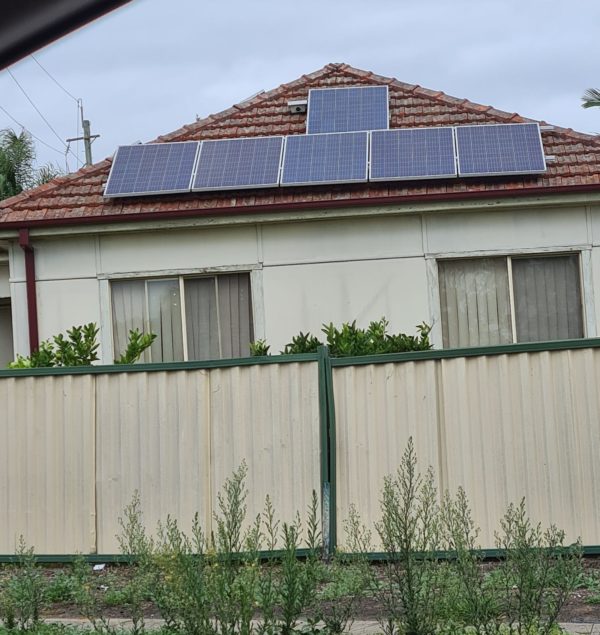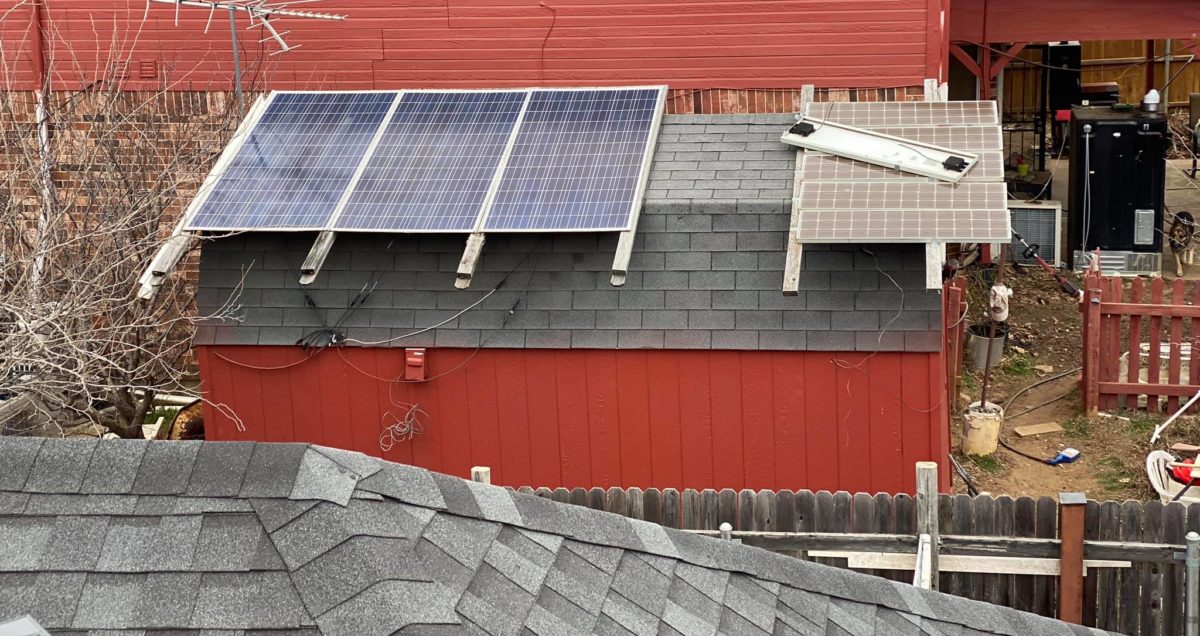For SolarQuotes founder and industry veteran Finn Peacock, transparency is the key to ensuring Australia’s solar industry bucks its bodgy history. “I think it should all be out there,” Peacock tells pv magazine Australia.
While the move from the fringes to the mainstream has, to a large degree, smoothed out the industry’s rough edges, problematic pockets remain.
“Where ever there’s a huge amount of incentives, you start to attract the cowboys,” Peacock says.
Australia’s small-scale certificate scheme (STCs)
The driving force behind the massive uptake of rooftop in this country, the scheme is how solar system owners claim government rebates. It’s success has seen Australia lead the world in rooftop solar penetration, boasting an average of one in five houses. In some states, the average skyrockets to one in two.
In short, the scheme has incentivised Australia’s renewable revolution at all levels, including at the large scale through Large-scale Generation Certificates (LGCs). The bad news?
“It’s going to attract the good guys, but also the bad guys who think of it like a get rich quick scheme,” Peacock says.
Last year, One Stop Warehouse Finance was found responsible for 49,400 fraudulent STC claims after it failed to pick up false declarations from third parties, including solar retailers and installers. One Stop went on to inadvertently but improperly create thousands of STCs based on the falsified information, leading to an extensive remediation agreement being signed between it and the Regulator.
To combat such events, the Clean Energy Regulator has introduced a number of new compliance measures and told pv magazine Australia it it is now using data analysis to flag potentially fraudulent claims proactively.
Warts and all, Peacock is an unapologetic cheerleader of the scheme. “It’s been a resounding success,” he says, adding that he thinks it’s one of the best schemes the government have ever brought in. “No scheme is going to have zero fraud.”
CEC’s Approved Solar Retailer program
Peacock is decidedly less impressed with the Clean Energy Council’s Approved Solar Retailer scheme. Promising to showcase solar retailers which adhere to industry best practice, Peacock describes the program as being “full of rouges” in reality.
As SolarQuotes author Ronald Brakels notes, when the Victorian Solar Homes Scheme effectively made the CEC program mandatory, applications skyrocketed. So too did the approval rate. This dramatically decreased the quality of the list, dropping the bar far too low in Peacock’s eyes.
“Some of the people in there… oh my god,” he says. “It’s actually not a filter for avoiding the shonks [anymore].”
Peacock goes so far as to say that he thinks some companies use their listings as Approved Solar Retailers to hoodwink customers, employing the status as a sales tactic to convince customers to use them over companies with better records. “That’s not uncommon these days,” Peacock says.
“I think [the program] does more harm than good.”

The dreaded phoenix
Not always a sign of foul play, companies can be resurrected ethically. As Peacock notes, when a company goes broke, administrators are keen to flog all that remains – including company names and logos. An established solar brand may be an attractive asset for some buyers, whose new management can give the failed name a new lease on life. “It’s common,” Peacock says. “Solar companies go broke to and people buy their names and resurrect it.”
Where it really starts to get dodgy though, is when people linked to the original owners buy the company back. “Some people use it as a way to wipe off their debt,” Peacock says. They then promptly reopen with a fresh slate and the same bad practices. “It’s just wrong.”
The sales tactics used by some phoenix companies are the subject of criticism. These tactics can include rock-bottom pricing, and sometimes poor installation quality. Suspected phoenix companies are frequently criticised in quality-focused solar communities such as the Solar Cutters, or the somewhat notorious Crap Solar Facebook page.
While there are laws that prohibit phoenix activity, Peacock says they “don’t seem to be terribly well enforced, in my anecdotal experience.”
“It’s easy to get away with phoenixing – which isn’t just a solar industry issue,” he adds.
“I don’t ever hear about people getting done for phoenixing.”
The illegal, not to mention profoundly unethical, has plagued Australia’s solar industries, and Peacock believes a numbers of trade industries too. “I think it’s easier [to get away with] than it should be.”
ps. A quick note from the author: no, Finn Peacock and I are not related. Yes, everyone asks.
This content is protected by copyright and may not be reused. If you want to cooperate with us and would like to reuse some of our content, please contact: editors@pv-magazine.com.









By submitting this form you agree to pv magazine using your data for the purposes of publishing your comment.
Your personal data will only be disclosed or otherwise transmitted to third parties for the purposes of spam filtering or if this is necessary for technical maintenance of the website. Any other transfer to third parties will not take place unless this is justified on the basis of applicable data protection regulations or if pv magazine is legally obliged to do so.
You may revoke this consent at any time with effect for the future, in which case your personal data will be deleted immediately. Otherwise, your data will be deleted if pv magazine has processed your request or the purpose of data storage is fulfilled.
Further information on data privacy can be found in our Data Protection Policy.